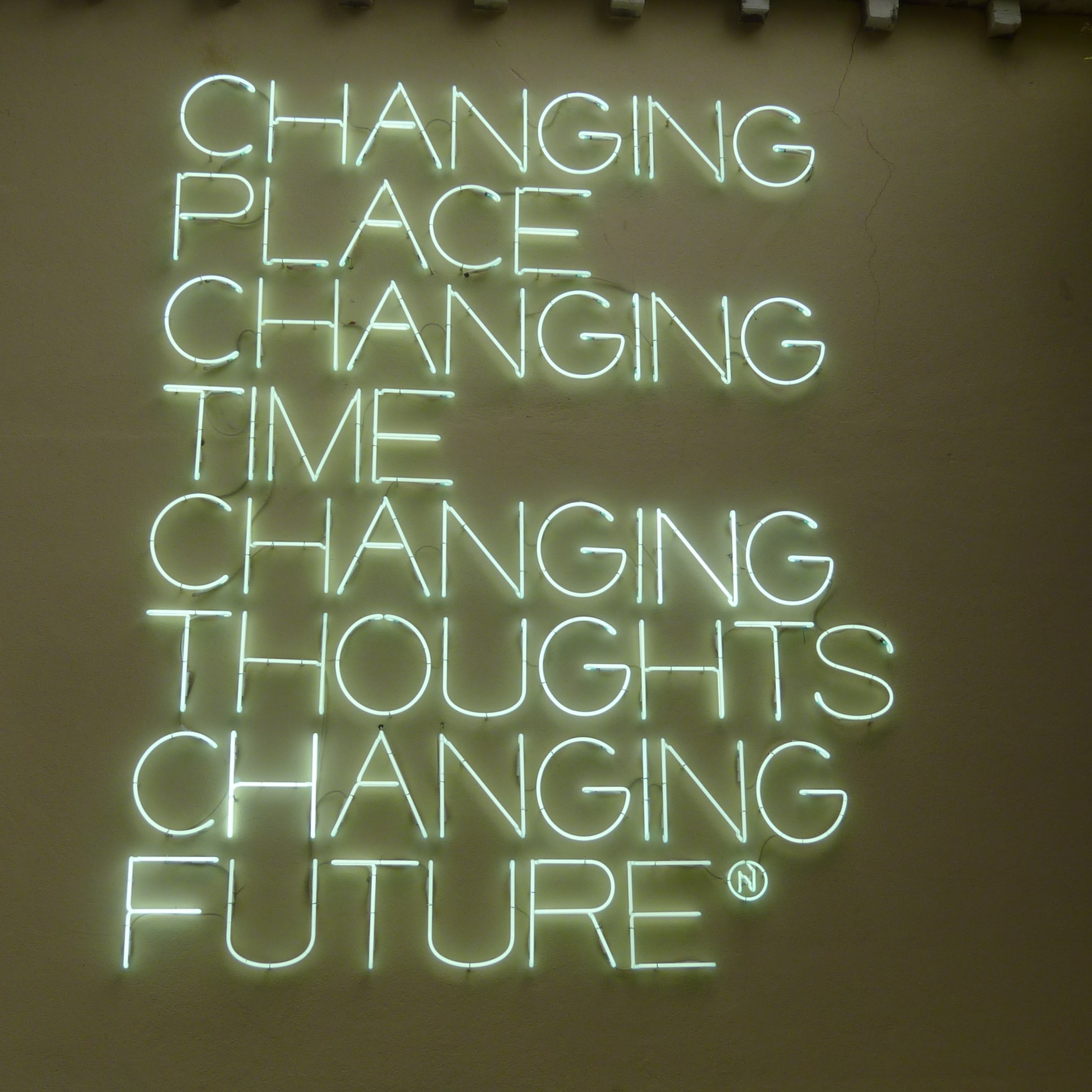The capacity for individuals and organisations to change will be a key success factor for the future and will be essential for the future as we all transition to embrace the new opportunities as I discussed before.
So, what should business leaders be focusing on to build capacity in their organisations?
- Leaders who champion change and build for the future
- An agile and flexible organisation
- Resilience in their people
1 Leaders who champion change and build for the future
Successful change leaders are those that can build trust and enthusiasm for the future with all the people around them are. We all know that for anything to happen in an organisation the leaders need to be engaged around the direction and be focusing their attention behind the change.
So, what are things that good change leaders do?
- Communicate, communicate, communicate, we have all see great examples of good and what not to do on communication this year. The key is being honest, so say you don’t know if you don’t and showing empathy
- Listen, one-way communication is never effective, you need to understand what others are hearing and seeing. Listening to your people, your customers, your competitors your suppliers, will provide you with valuable insights to make adjustments, tweaks and see opportunities quickly.
- Walk the floor and demonstrate you are following the company direction, for example if the edict is to tighten the belt and cut costs take a salary cut/reduced bonus
- Be clear on where you what to go, have a clear vision and where possible create a great picture or visual story of the future will really look like so people can engage.
Finally, great change leaders make difficult decisions and don’t delay in changing times. Kodak despite inventing the first digital camera in the 1960 is no longer a household name. One of the reasons being they didn’t invest quickly and fast enough in the digital market.
2 An agile and flexible organisation
Agile is a bit of an overused word at the moment, however in times of transition you need an organisation that can bring move fast so that they can a product quickly to market, get a customer on board, basically to take the opportunities that arise in a changing world.
What can you look at to increase your ability to flex as an organisation?
- Skills and capabilities: you know the jobs in your organisation, do you know where all the skills and knowledge are? Understanding this, how you can better deploy them and looking at what you need in the future is key
- Culture: how open is the culture to change? Do individuals see change as a good thing or a bad thing? How quick are your decision making? Looking at where you need to make the changes and focusing on these parts of the business will make a real difference.
- How easy it is to get something done in your organisation? Do you have to fill in lots of forms or go through lots of decision makers or is it very simple? Often processes and procedures have become more complex over time as people have identified further risks, means that things have become over complicated. Take a long hard look and consider is this appropriate?
- Siloed working, how easy is information flow? Where are the barriers and silos and how can you change that? This is essential at the moment with so many people working from home.
3 Resilience
Change is hard and it is personal. It’s an emotional journey and everyone needs support. Given what most people have been through this year, with the shift to home working, lockdown restriction that’s hard, consider adding to this, financial worries, job insecurity, loneliness, bereavements and potential recovering from Covid everyone has had a lot to deal with. At times like these change fatigue hits and people become less productive and engaged in the change.
So how do you build resilience? Whilst for a business having crisis plans, good financial reserves, cutting costs and focusing on the essentials of the business is the way forward, it is different for people. It’s more about support, and helping them replenish their personal reserves. Everyone will need different levels of support at different times so what are some of the things you can do?
- Physical Health: often when times are stressful people ignore their own wellbeing, it is actually in times like this were you really need to eat healthy, sleep and exercise. These elements give people the strength to deal with the additional stress so consider how your business can help individuals with this?
- Mental health: Supporting individuals with their mental health, creating a safe space for them to share concerns and anxieties. Many companies have created active programmes to help people with this and even a simple confidential help line where people can access resources is really helpful.
- Flexible working and time off: Many people have found working from home to be increasingly more productive, and many are working even harder than before whilst juggling many other aspects of their life. To prevent burnout, relook at your working policies, how does your flexible working policy work in practice, putting the focus on outcomes or deliverables rather than time spent. Additionally, think of how you can support your staff in terms of giving them the time to deal with everything, good energy for example has given everyone in the company extra vacation days to be taken as each individual wants to deal with the pandemic.
- Line management support, Conversations about how individuals can be part of the future and thinking of what skills and capabilities they might want to build puts people in control rather than just reacting to what is going on.
So, remember to build the change capacity in your organisation focus on these three things:
- Leaders who champion change and build for the future
- An agile and flexible organisation
- Resilience in their people
Finally, it isn’t just about your organisation, people are key and individuals take their own change journey at different speeds.




